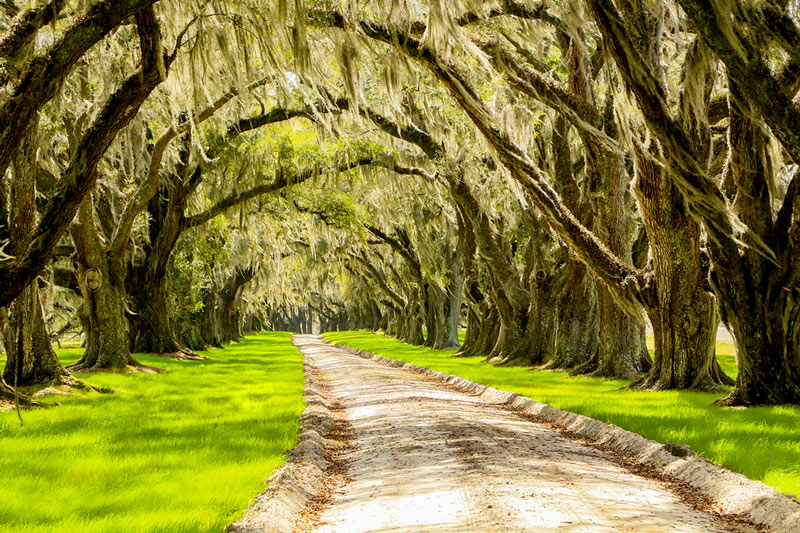
South Carolina is glamorous. There are shell-strewn sands running from North Myrtle Beach to Hilton Head. Charleston has its spires, Rainbow Row and outlying plantations. Columbia displays high culture, USC Gamecocks and all the symbols of government. The Upstate swings into the Blue Ridge and exults in expansive growth and Clemson tiger tails. But there are other things going on once one leaves the hubs.
Anyone who has driven 21 south from Orangeburg through Branchville and Ruffin and Smoaks will sooner or later wonder where the families who live there go for groceries. A drive along 278 for a couple of hours toward Aiken doesn’t pop with equestrian centers. Kingstree isn’t that far from Charleston, but a ride on Amtrak reveals its stretch of boarded up buildings. A detour between the charm of Beaufort and Fripp Island might mean a glimpse of the concrete barracks off Storyteller Road. That’s where migrant workers sleep on mildewed mattresses and cook on outdoor fires.
Mark Smalls, Ph.D., of Clemson periodically reminds us that at least 19 percent of our state’s residents live in trailers. They aren’t the cute pastel places touted on HGTV’s coverage of the tiny house fad. We who have the advantage of media connections know that it is safer to evacuate these homes and go lie in a ditch if fierce winds are on the way. Many of these trailers are rickety, rusty, and poorly roofed. The sisters who run outreach centers and members of our St. Vincent de Paul groups also attest that these dwellings are often infested with varmints.
We are blessed with peach orchards, watermelons, tomato fields, and, yes, cotton patches. Early June will see an influx of migrant farm workers. They will cram into seedy old school buses, typically windowless. They will arrive with next to nothing, since they, of course, don’t own luggage. They will need food, toiletries, towels, some untorn clothing and socks and sneakers. It may be two weeks before the first pay after the picking begins, and they will already have exhausted most of what they earned on the last stop. There will be Mexican children who speak Spanish and Haitian children who speak French who find our world a bit fearsome.
Thanks be to God, we do have generous people who leave behind golf courses and landscaped neighborhoods and air conditioning to lend a hand. They pack boxes of sugar and cornmeal and canned goods and run the boxes out to the camps in pick-up trucks and vans. They offer smiles and kind words. Two of them, a deacon and layman from St. Gregory the Great in Bluffton, drove home in sock feet after an evening’s delivery last June. They had met men who needed shoes, and the ones our drivers were wearing fit them.
That night revealed the true glamor of our state: the noble souls who shed their comfort because they take the Gospel to heart.



